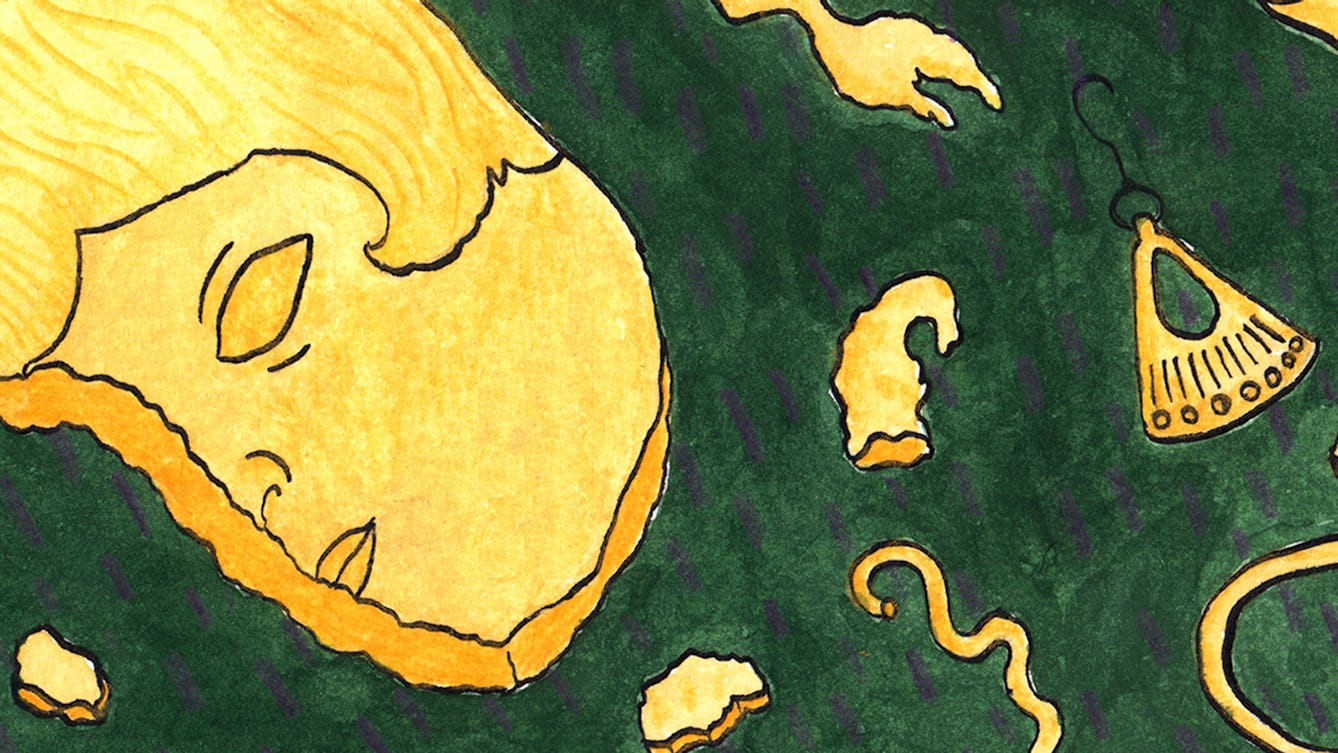
- Comic
- Comic
Ancient
When does something stop being old and begin the transition into ancient?

- Article
- Article
Theriac: An ancient brand?
The name theriac survived for around for two millennia as a pharmaceutical term. But a ‘brand’ name is not always a guarantee of quality.
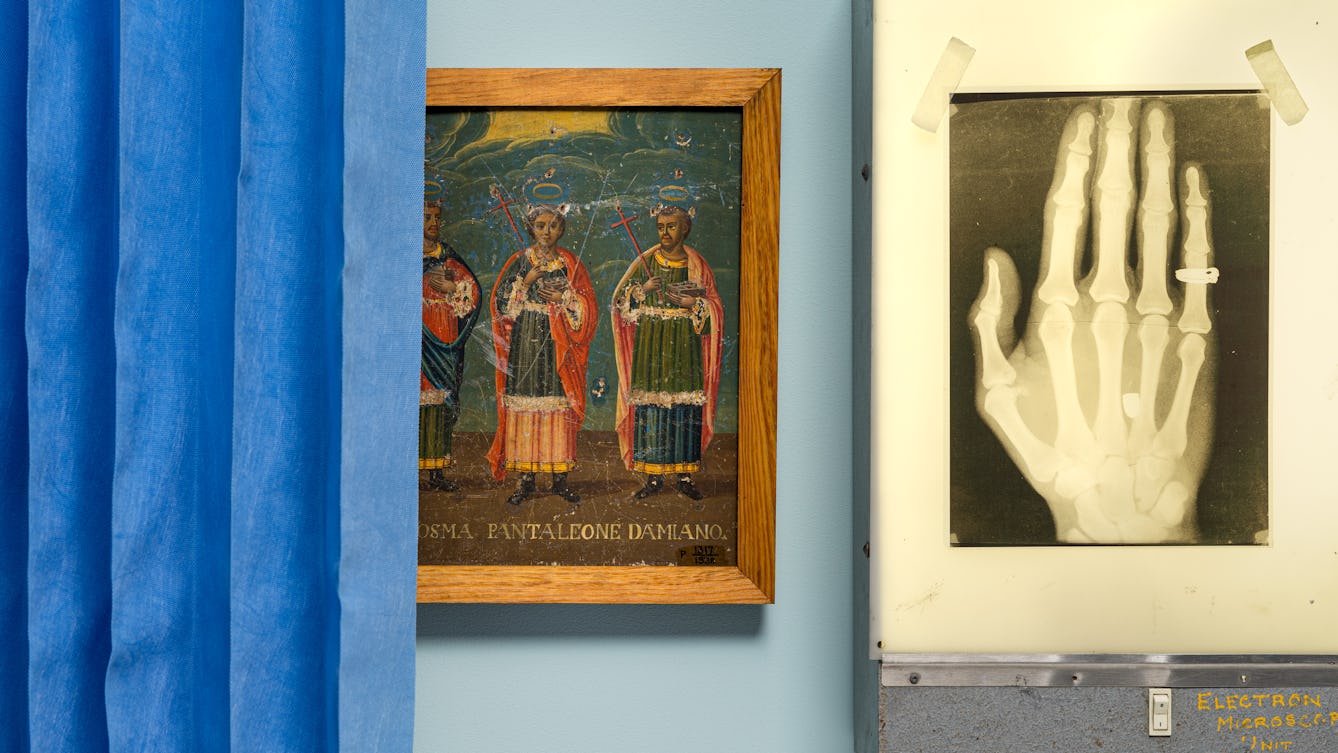
- Article
- Article
The ancient doctors who refused payment
The NHS might only be 70 years old, but the idea of free healthcare goes back to Ancient Greece, when devout doctors provided their services without charge.
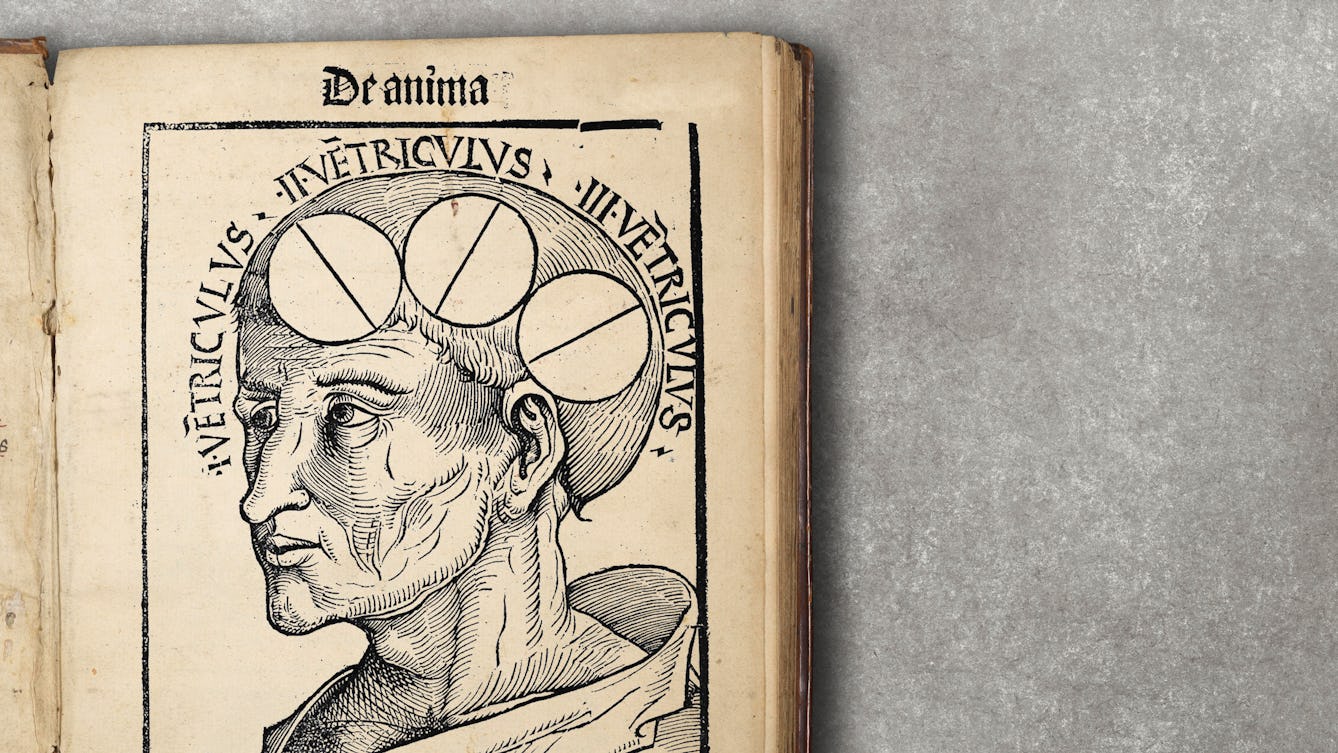
- In pictures
- In pictures
The art of memory
Our ability to recall facts and experiential detail helps us understand, navigate, and make predictions about the world. Julia Nurse explores some of the techniques we have developed to help us to remember.
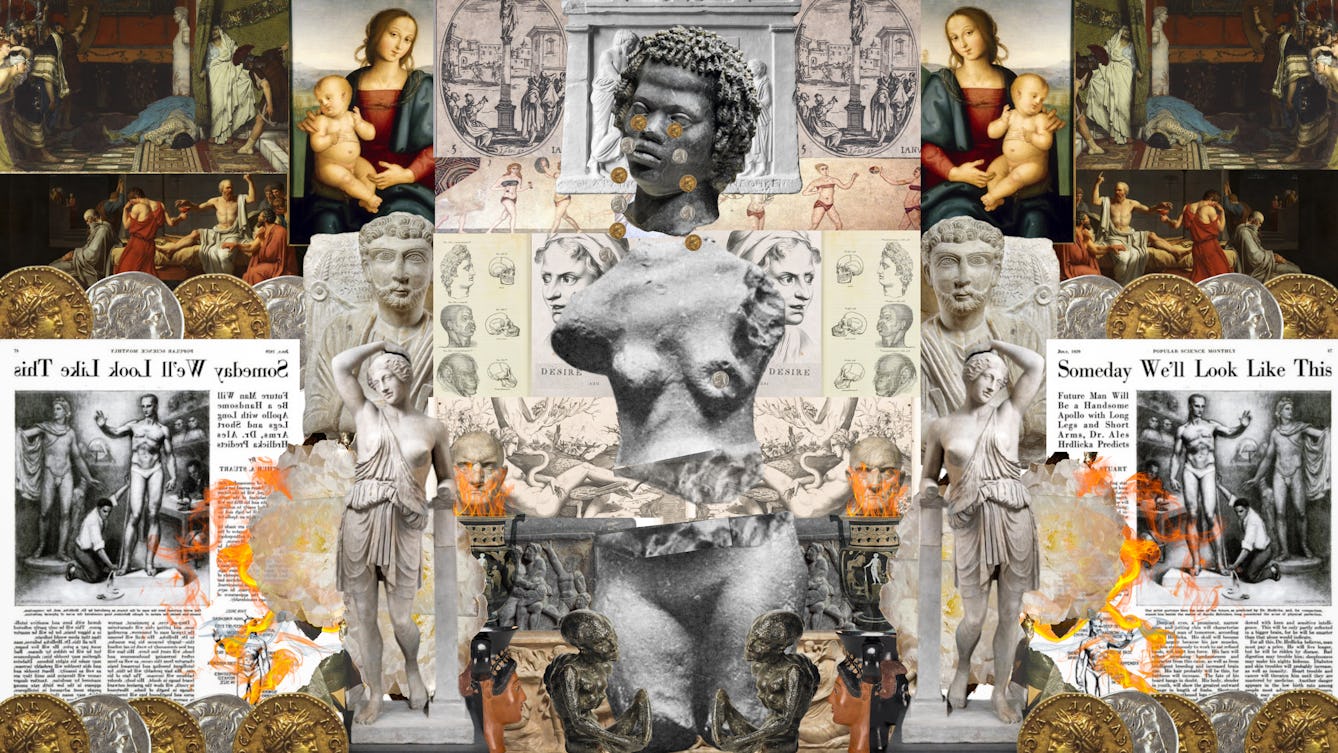
- Book extract
- Book extract
Naked, not nude
Classicist Caroline Vout argues that it’s time to take the dust covers off the Ancient Greeks and Romans, and to encounter their bodies not nude, but naked.
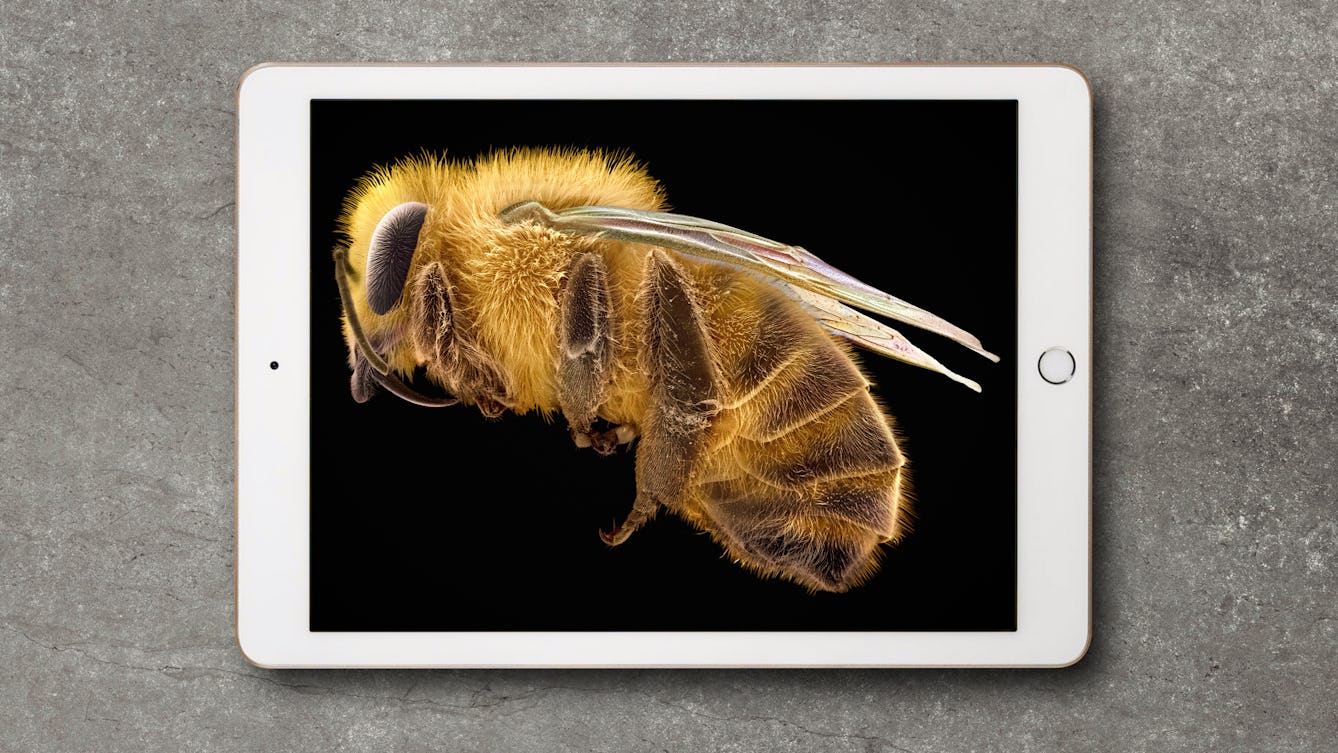
- In pictures
- In pictures
An appreciation of bees
Discover some un-bee-lievable stories about bees, their history and their uncertain future.

- In pictures
- In pictures
Mandrake medicine and myths
There’s a lot of plant lore about the mandrake, going back to ancient times. Find out more about how this unremarkable-looking plant got its magical reputation.
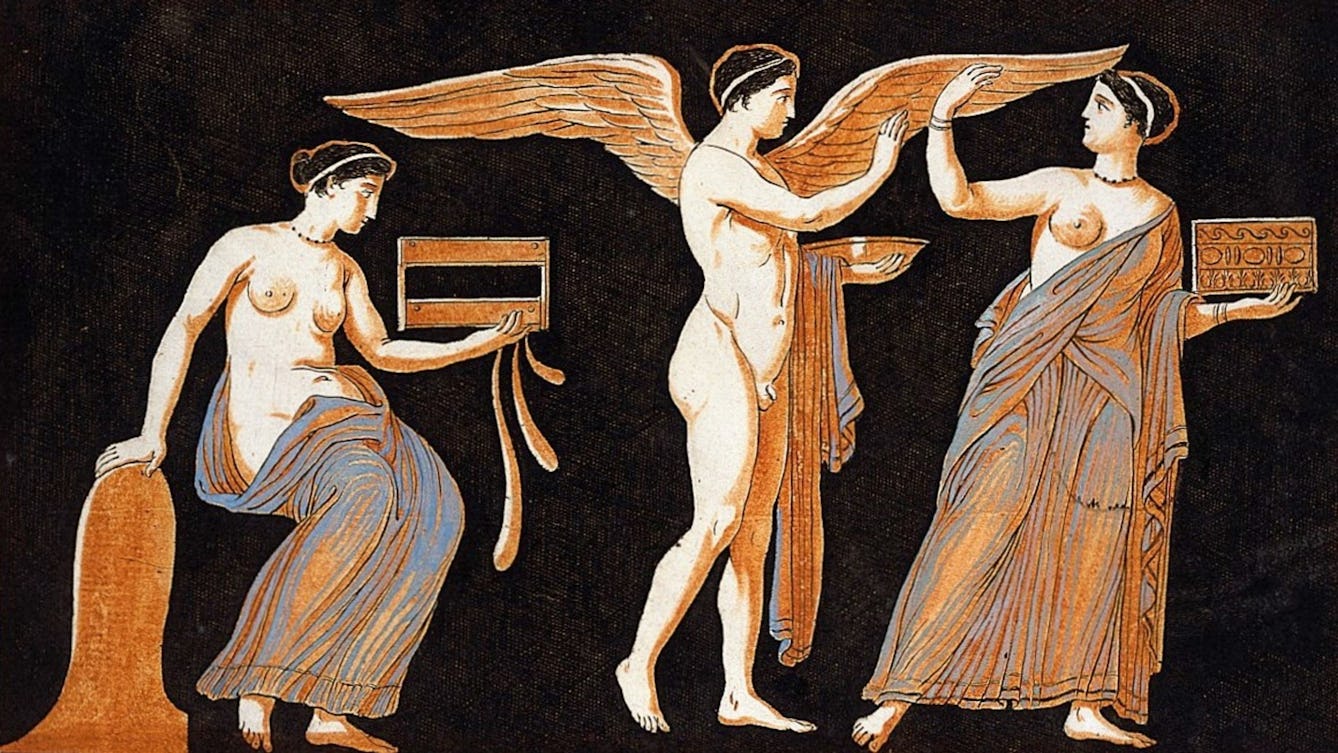
- Article
- Article
Genius spirits and the mystery of creative inspiration
Once upon a time, we all had a genius.

- Article
- Article
Medieval doodles
Fish, lute players and defaced demons: marginal doodles in some of Europe’s first printed books provide a tantalising glimpse into the late-medieval mind.
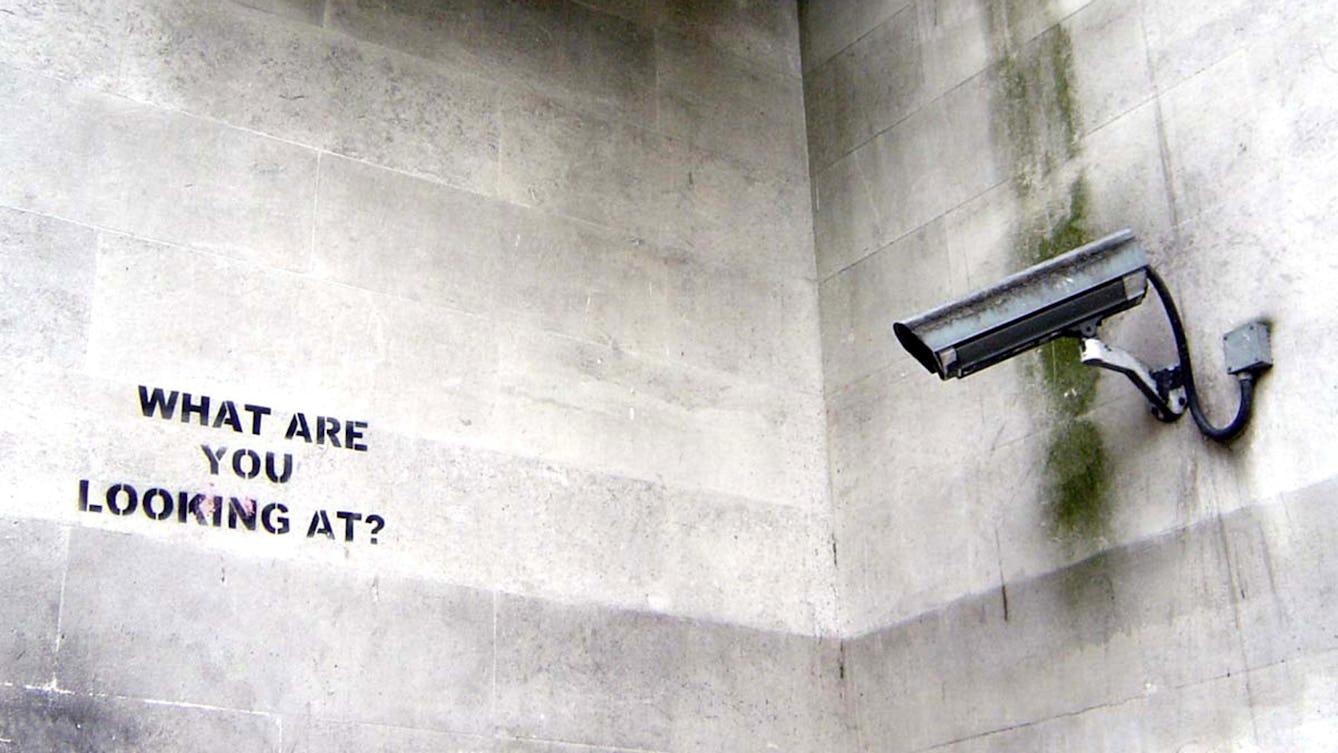
- Article
- Article
The smile catchers
From facial recognition to emojis in apps, find out how the monitoring of emotions is used to get more out of workers.

- Article
- Article
Colonialism and the origins of skin bleaching
The widespread practice of skin bleaching was heavily influenced by the Western colonisation and slavery of African and South Asian countries. Ngunan Adamu explores this toxic history.

- In pictures
- In pictures
Why we still need quarantine
For years, quarantine has been an important measure to curb the spread of infection and avert further deaths. Discover the way it has been used in the past and why it is still necessary today.
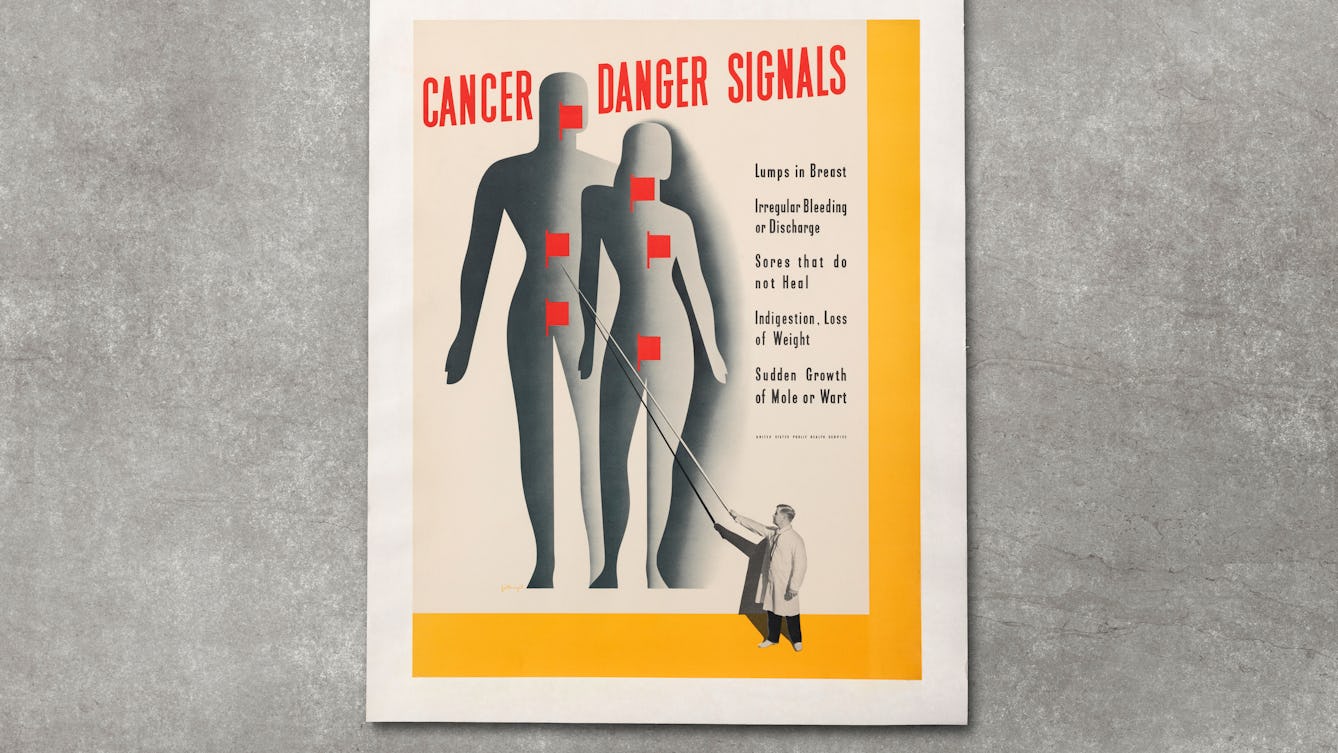
- In pictures
- In pictures
A visual history of cancer
Cancer has a reputation as a modern disease, but these historical images show that it’s been part of our lives for centuries.
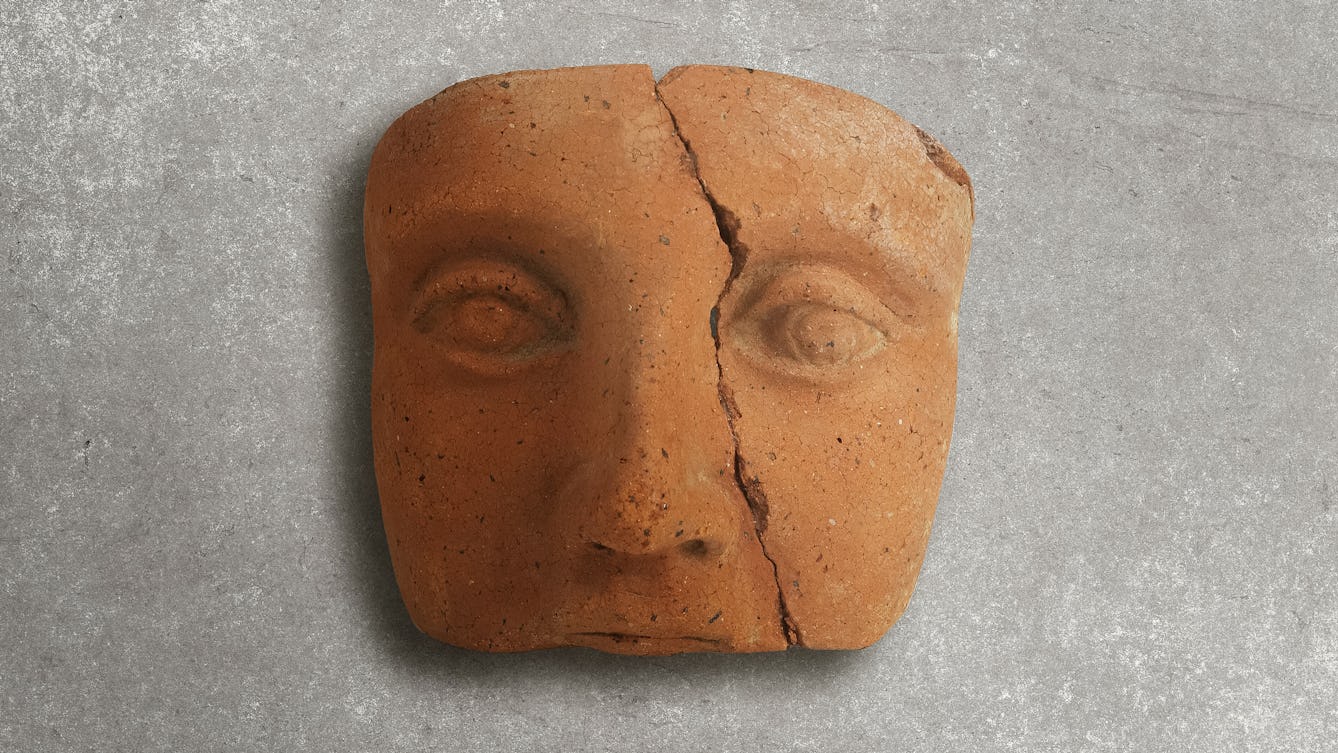
- In pictures
- In pictures
Votive offerings for healing
Votive offerings, known as ex-votos, have been a vibrant part of devotional practice since ancient times and, Louisa McKenzie suggests, they still have a place in the secular world of today.
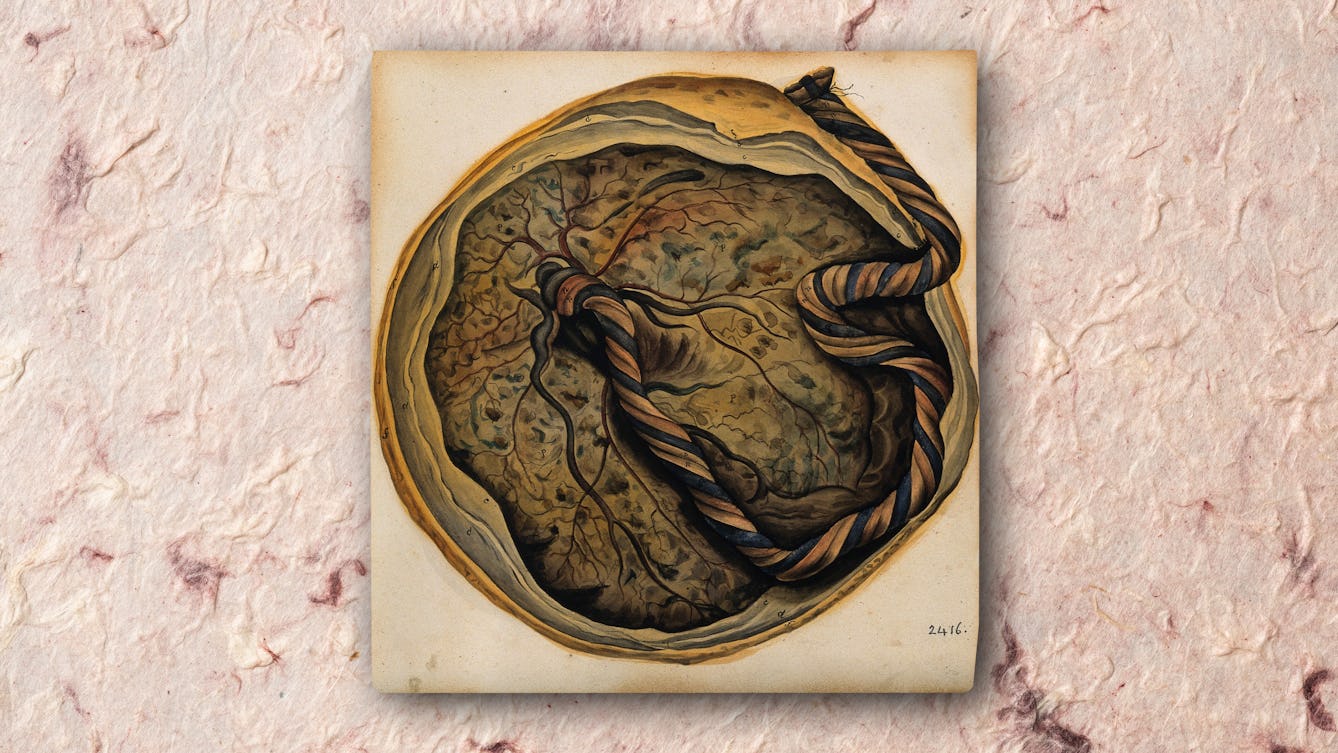
- Article
- Article
Womb milk and the puzzle of the placenta
A human baby needs milk to survive – and this holds true even before it’s born. Joanna Wolfarth explores “womb milk”, as well as ancient and modern ideas about the placenta.

- Book extract
- Book extract
Ayurveda: Knowledge for long life
The story of medicine in India is rich and complex. Aarathi Prasad investigates how it came to be this way.

- In pictures
- In pictures
The grape cure
When we bring someone in hospital a bunch of grapes, we don't expect the grapes to work a miraculous cure upon them. But throughout history, wondrous healing powers have been attributed to the humble grape.
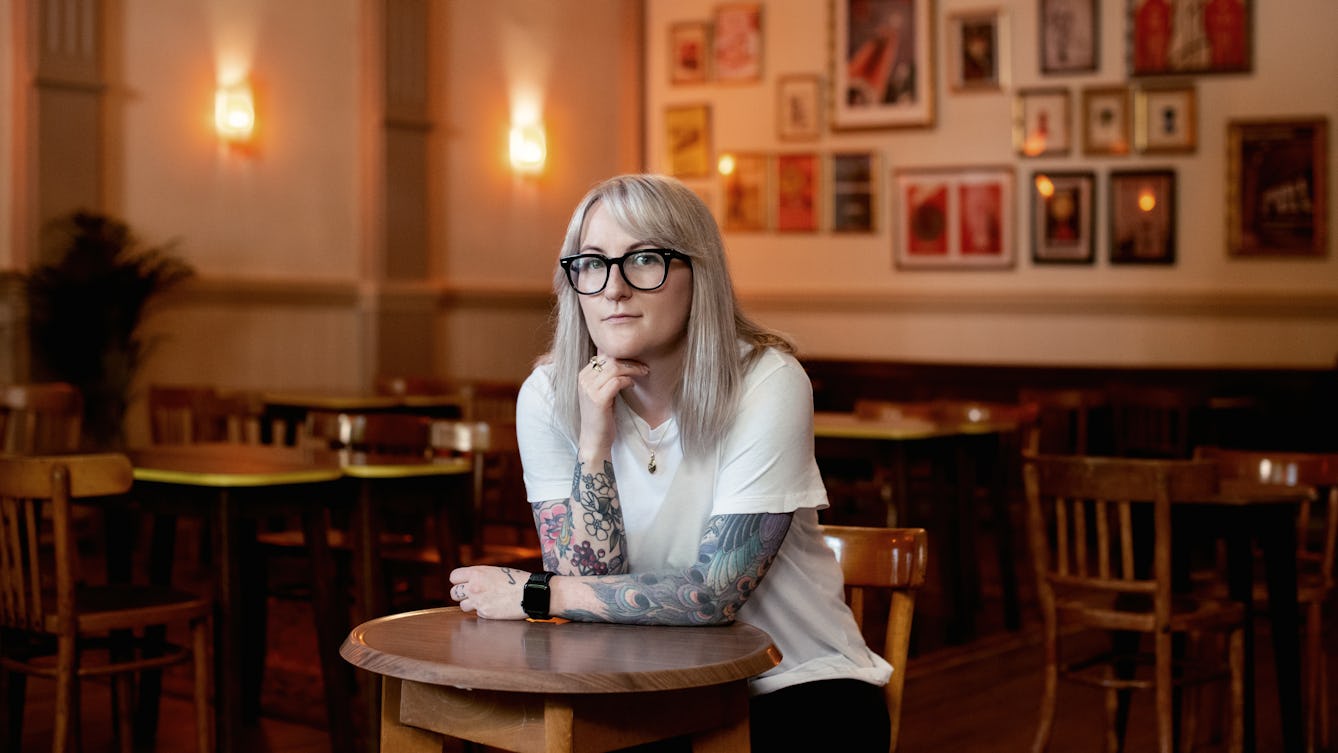
- Article
- Article
How to be poor and happy
Money, security, self-sufficiency and charitable giving have long been linked to happiness. But what if you’re working class?

- Article
- Article
The evil eye and social anxiety
The ‘look’ of the evil eye is believed to bring bad luck, illness or even death. This ancient curse might be deliberate, inflicted with an envious glare, or it could be accidental, the result of undue attention or excessive praise.

- In pictures
- In pictures
A short history of wellbeing through exercise
During the current pandemic, billions of people around the world are confined to home, making mood-boosting daily exercise indispensable. Discover how humans from the ancient Greeks onwards have realised the benefits of physical activity.

- Book extract
- Book extract
Eating their own kind
In his grisly history of cannibalism, zoologist Bill Schutt asks what drives an animal to feast on its own flesh and blood.
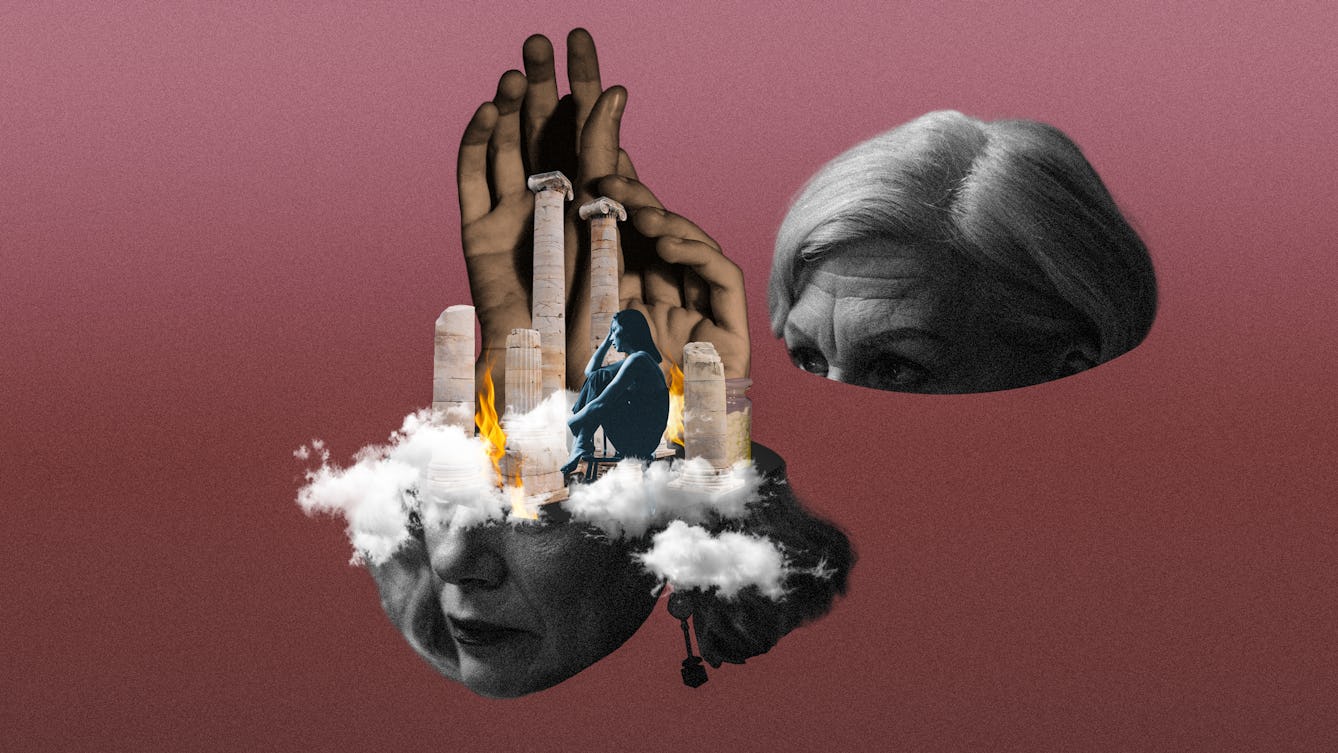
- Article
- Article
Hysteria
Mental health and emotional symptoms are common during menopause, but a long history of dismissing sufferers as 'hysterical women', at the mercy of their emotions has made it much harder to discuss these issues and to get support.

- Article
- Article
Western magic’s fascination with the foreigner
Could modern magic shows be perpetuating damaging cultural stereotypes? Shelley Saggar shows how ‘exotic’ costumes and imagery are far from harmless fun.
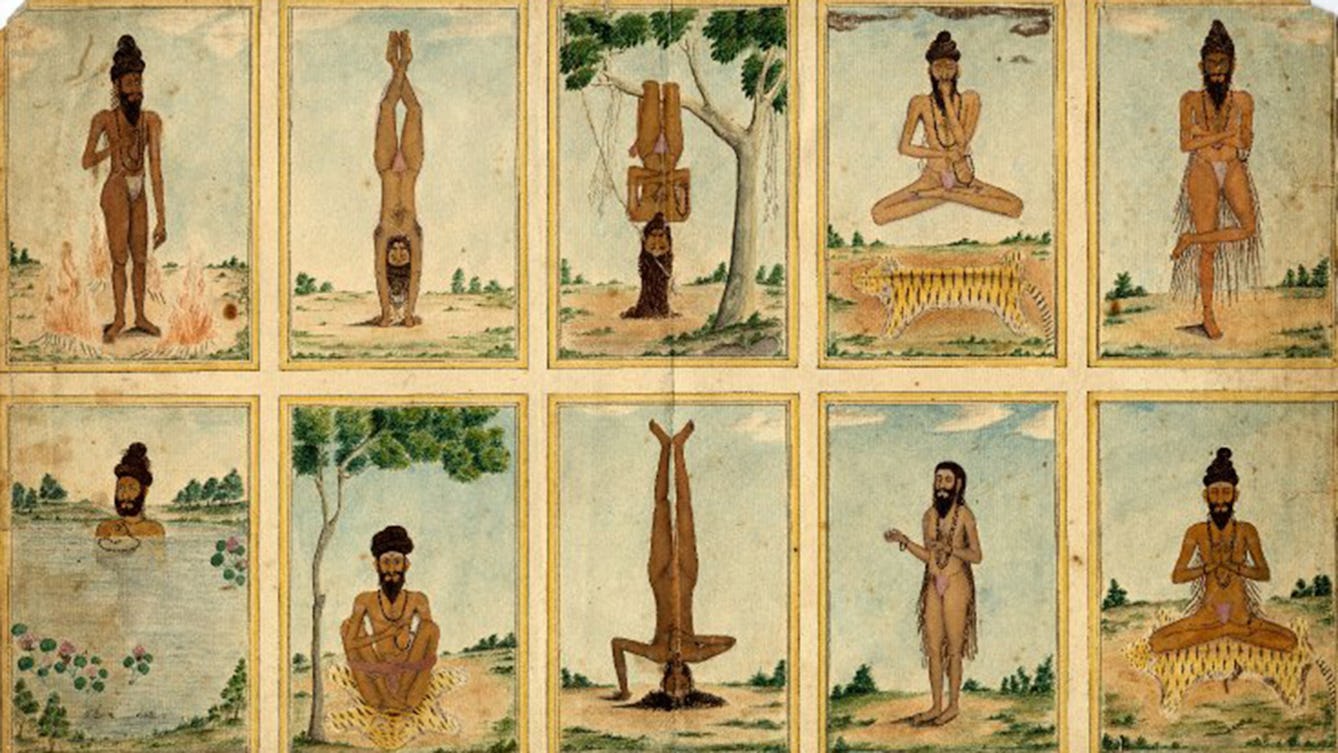
- Article
- Article
Not one yoga, but many yogas
From ancient tradition to modern gym class, yoga means many things to many people.

- Article
- Article
A body apart from the head
We look back at the importance of the head, from how it’s influenced our language to the bold political statement of having it removed.